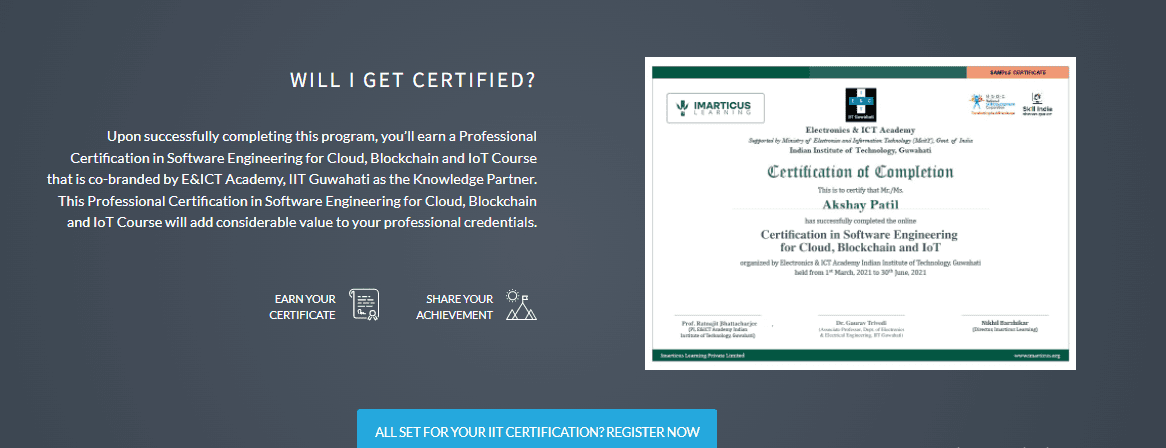Software engineering is a challenging and rewarding field. A software engineering degree from a reputable institute is the best way to start your career. Software engineering is a challenging and rewarding field.
Software engineering jobs are in high demand right now, with some companies reporting that they have 100 or more applicants for every position. It makes it more exciting to differentiate yourself from the crowd of people vying for a coveted spot on an engineering team. To help you stand out and get your first software engineering job, we’ve put together five key steps:
#01. Have a strong portfolio
A strong portfolio is the most vital thing you can have when looking for a software engineering job. If you don’t have any work experience, consider creating open-source projects to showcase your abilities.
#02. Have a strong resume
A resume is your chance to make a perfect impression on potential employers. Ensure it’s well-written and error-free, and highlight your skills and experience. If you don’t have any work experience, consider doing some volunteer work or internships to gain some relevant experience.
#03. Network
Networking is an essential part of a job search, and it’s imperative when looking for a software engineering job. Attend industry events, meetups, and other networking events to meet people in your field. You can also reach out to friends and family members who work in tech companies to get advice and connections.
#04. Prepare for interviews
Interviewing can be tricky since you’ll likely ask to solve complex problems on the spot. Make sure you practice solving coding challenges and problem scenarios, so you’re ready for anything. You should also first research the company you’re interviewing with and come up with questions to ask them about their culture, products, and team.
#05. Stay motivated
The job search can be frustrating and lengthy, but staying motivated is essential. Participants need to stay positive and believe in themselves, and they’ll eventually land the job of their dreams.
If you follow these steps and stay motivated, you will be on your way to getting a fulfilling software engineering job.
What is the job of a software engineer?
Software engineers are responsible for writing and testing code and working with software designers to ensure the final product is user-friendly. They may also be responsible for training and supervising other software engineers. To become a software engineer, you need strong analytical, problem-solving, and mathematical skills.
Discover more with IoT Software Engineering Course with Imarticus Learning
The Certification in Software Engineering for Blockchain, Cloud, and IoT program collaborates with IIT Guwahati, E&ICT Academy, and industry experts to give aspiring Software Engineers the most satisfactory learning experience possible. This 9-month curriculum will prepare students for the new-age Software Engineer position, focusing on Cloud, Blockchain, and IoT.
Course Benefits for Learners:
- Impress employers & showcase skills with IOT Software Engineering courses recognized by India’s prestigious academic collaborations.
- Through real-world projects from various sectors, the student will create a strong foundation of Software Engineering ideas. Industry professionals will assist them in learning the practical application of Cloud, Blockchain, and IoT.
- This Certification in Software Engineering course will assist students in unlocking lucrative job options in the ever-expanding sector of Software Engineering.








 Therefore, industry experts are there to assist you with any concepts you wish to know more about. These experts develop the curriculum so it is closely related to the current industry situations and needs. Imarticus Learning provides numerous projects for students to complete within nine months.
Therefore, industry experts are there to assist you with any concepts you wish to know more about. These experts develop the curriculum so it is closely related to the current industry situations and needs. Imarticus Learning provides numerous projects for students to complete within nine months. 